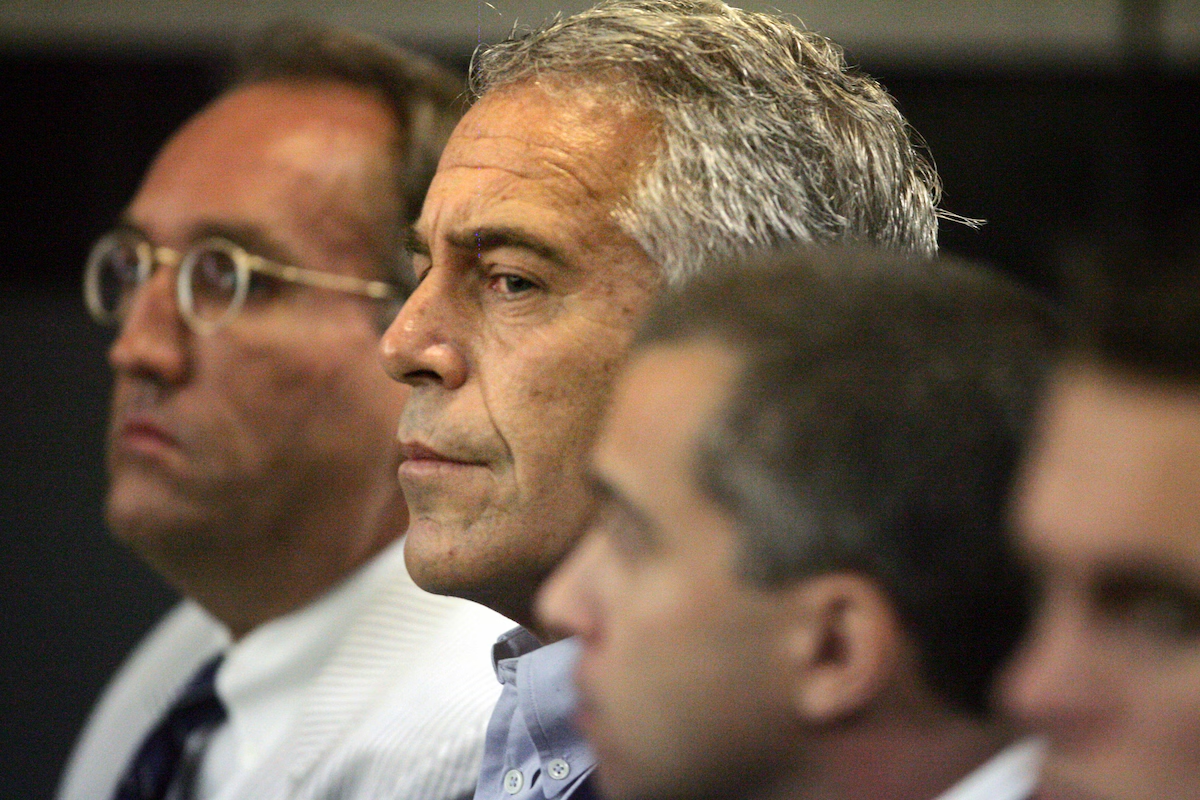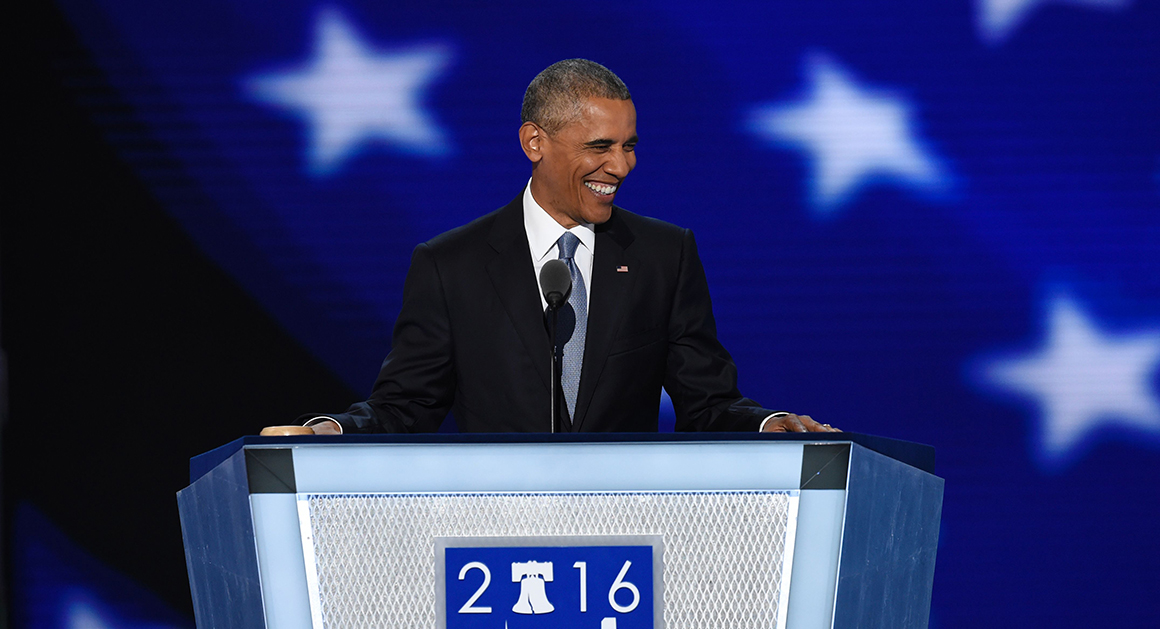Trump’s Truth Social Rant Sparks Outrage
In a stunning display of deflection, former President Donald Trump took to Truth Social to lash out at critics, claiming that the elusive Epstein files—files that have yet to be substantiated—were authored by Barack Obama and Hillary Clinton. This shocking pivot comes after months of Trump vowing to release documents related to Jeffrey Epstein that were, according to his administration, under review by Attorney General Pam Bondi. Instead of delivering on his promise, Trump’s latest social media outburst has only fueled skepticism and outrage among both his supporters and detractors.
Promises Turned to Nonsense
After 175 days in office, Trump’s commitment to unveil the Epstein files has descended into chaos. Initially, he proclaimed, “We’ll release the Epstein files,” only to later claim that they might contain damaging information for "innocent people." In a series of contradictory statements, Trump’s narrative has shifted from having the files, to saying they are in the hands of influencers, to finally declaring that they do not exist at all. This inconsistency raises crucial questions about the integrity of his administration and the political motivations behind such a bewildering communication strategy.

Opinion | Open the Jeffrey Epstein files. All of them. - The Washington ...
Defending Bondi Amid Backlash
In his latest tirade, Trump vehemently defended Pam Bondi, who has faced significant criticism for her handling of the Epstein files. “LET PAM BONDI DO HER JOB,” he insisted, despite Bondi’s previous claims that a client list was on her desk in March, which she now says does not exist. The irony of Trump’s defense, given his own history with Epstein, is palpable. Notably, Epstein was arrested during Trump’s presidency, and various reports have suggested that the Department of Justice under Trump has erred in its oversight of Epstein’s extensive connections to the wealthy and influential.
Reactions from Analysts and Observers
The political fallout from Trump’s latest comments has been swift. Progressive commentators and political analysts have been vocal about their skepticism. “I was actually VERY skeptical about the files or the existence of a client list. After reading this, I’m not skeptical at all,” tweeted political commentator Brian Tyler Cohen. This sentiment resonates with many who see Trump’s erratic behavior as a sign of deeper issues within his leadership style and governance.
Moreover, as reported by The New York Times, the Trump administration has acknowledged a lack of evidence for many of the conspiracy theories swirling around Epstein. This admission only serves to intensify the scrutiny on Trump and his allies, suggesting that their narratives are not just misleading but potentially damaging to the integrity of democratic governance.

Full text: President Obama"s DNC speech - POLITICO
The Implications for Civil Rights and Governance
At the heart of Trump’s chaotic communications lies a troubling implication for civil rights and the very essence of democratic governance. By discrediting serious allegations and deflecting blame onto political opponents, Trump undermines the urgency of addressing systemic issues of power, privilege, and accountability. The Epstein scandal is not merely a personal failing of one wealthy individual; it is a reflection of deep-seated societal problems regarding exploitation and the protection of the vulnerable. In this context, Trump’s behavior raises pressing concerns about the potential for further erosion of civil rights under his administration.
As we reflect on these developments, the need for a transparent and accountable political process becomes increasingly clear. The chaotic narrative surrounding the Epstein files serves as a reminder that those in power must be held to a standard of truthfulness and integrity, particularly when it comes to matters of justice and accountability.



![[Video] Gunfire between Iraqi security forces and Sadr militias in Baghdad](/_next/image?url=%2Fapi%2Fimage%2Fthumbnails%2Fthumbnail-1768343508874-4redb-thumbnail.jpg&w=3840&q=75)
